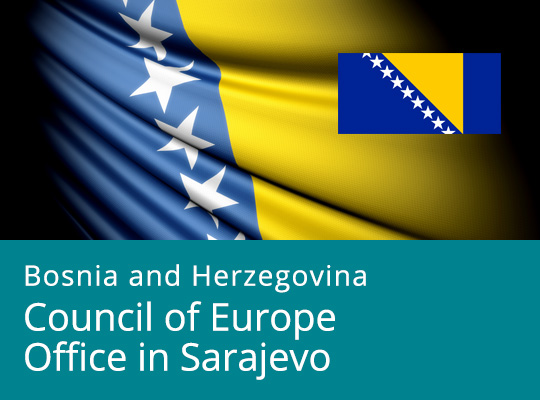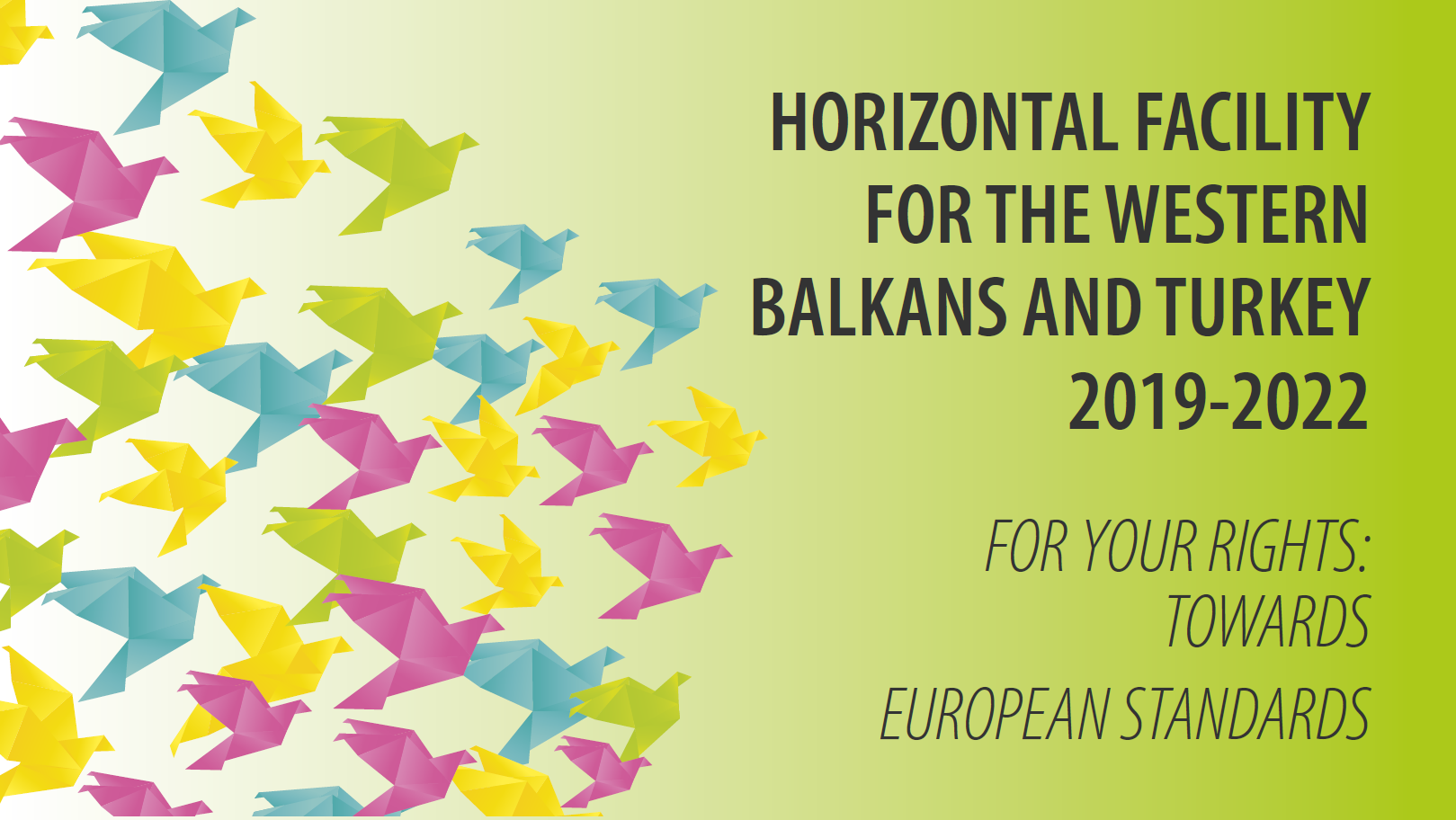Further to its Statement of principles made on 20 March 2020 in the context of the coronavirus disease (COVID-19) pandemic and in the light of responses received from member States concerning measures taken with regard to persons deprived of their liberty, the CPT issues the following statement:
“The CPT would like to express its appreciation for the constructive and detailed written responses received from almost all member States. The information provided suggests that, in many States, steps have been taken promptly to protect persons deprived of their liberty from possible infection and to introduce measures to compensate for restrictions imposed for public health reasons.
In particular, most member States refer to the increased use of non-custodial measures as alternatives to detention, such as suspension/deferral of the execution of sentences, advancement of conditional release, temporary release, commutation of imprisonment into house arrest or extended use of electronic monitoring. Measures of this nature can clearly have a positive impact on the widespread phenomenon of prison overcrowding. Further, many responses reference steps taken to facilitate detained persons’ contact with the outside world in order to counter-balance restrictions imposed for public health reasons. Such measures include providing access to video calls over the Internet or granting more frequent and longer access to the telephone for as long as a ban on visits is being imposed. As regards immigration detention, some member States indicate that detention orders have been suspended and/or that immigration detention centres have been temporarily withdrawn from service.
Moreover, in various types of establishment, medical screening upon admission has reportedly been significantly improved, with a view to identifying detained persons infected with COVID-19 and providing them with health care that respects the principle of equivalence of care. This is also an essential means of reducing the risk of ill-treatment, through the accurate recording and proper reporting of injuries on arrival.
The CPT must stress that the ongoing crisis demonstrates the clear need to put human rights first, in decision-making in the context of the pandemic and beyond. Each measure taken by the authorities of member States should be based on a thorough assessment of its concrete implications for the human rights of all persons concerned. In short, respect for human rights should become a reflex for all officials.
From the CPT’s perspective, the pandemic also hit the hardest in those places of deprivation of liberty where previous recommendations made by the Committee had not been implemented. This relates to the entire spectrum of the CPT’s mandate: from prisons to social care homes, from psychiatric hospitals to immigration detention centres.
As regards the situation of prisoners, the CPT is now witness to a pandemic crisis taking place against the background of pre-existing flaws in various criminal justice systems. As the responses from member States have shown, resolute action is only now being taken – in crisis mode – on some issues that have been the subject of CPT recommendations for very many years. The Committee urges the relevant authorities of all member States to progressively move from the management of risks to seizing opportunities that the pandemic has created. Certain emergency measures put in place temporarily must be made sustainable. This applies in particular to the increased use of alternatives to deprivation of liberty, with a view to putting an end to the phenomenon of overcrowding. In this regard, further steps are needed to reduce the use of remand detention, to refrain, to the maximum extent possible, from the detention of migrants, and to make further progress in the deinstitutionalisation of mental health care.
Importantly, temporary restrictions imposed to contain the spread of the virus must be lifted as soon as they are no longer required. This relates, in particular, to limitations on arrangements for detained persons to contact the outside world and reductions in the range of activities available to them.
Finally, the CPT wishes to recall the crucial importance for the prevention of ill-treatment of monitoring of detention places by independent national and international human rights bodies. The findings of such bodies can be of great assistance to member States in assessing the practical impact of their policies upon persons deprived of their liberty. Consequently, the Committee welcomes the fact that, in several countries, National Preventive Mechanisms (NPM) and other national monitoring bodies have resumed visits to places of deprivation of liberty, whilst taking precautions to observe the ‘do no harm’ principle, and it hopes that this positive trend will be followed as soon as possible by other relevant bodies across Europe.
The Committee has recently resumed its own visiting activities and looks forward to being able to observe directly the measures taken by member States to protect the human rights of persons deprived of their liberty during this difficult time.”




